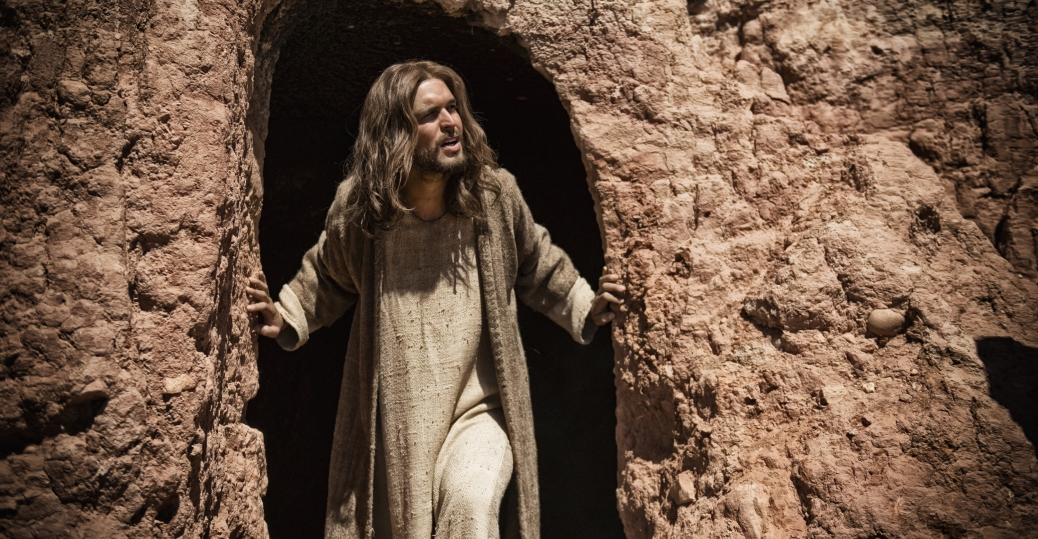Washington Post columnist Kathleen Parker is taking some heat over a gaffe she recently made about a Ted Cruz comment.
During a conference call to campaign volunteers, Cruz said the following:
“If we awaken and energize the body of Christ– if Christians and people of faith come out and vote our values– we will win and we will turn the country around.”
Parker was rather miffed by Cruz’s comment, as evidenced by her response on a CNN panel. And, I suppose if you understood it the way she did, you might be a little freaked out, too:
“One observation. I don’t know… this seems to have slipped through the cracks a little bit but Ted Cruz said something that I found rather astonishing. He said, you know, ‘It’s time for the body of Christ to rise up and support me.’ I don’t know anyone who takes their religion seriously who would think that Jesus should rise from the grave and resurrect himself to serve Ted Cruz. I know so many people who were offended by that comment. And you know if you want to talk about grandiosity and messianic self-imagery I think he makes Ted Cruz makes Donald Trump look rather sort of like a gentle little lamb.”
If you possess even a little knowledge of Christian doctrine, you’ll know that Cruz was using the term “body of Christ” to refer to the Christian Church (or “churches,” depending on your ecclesiology) and its members, and that Christians don’t believe that Jesus is buried in a grave somewhere (they believe in his bodily resurrection).
Unfortunately, Parker isn’t alone among Americans in her religious illiteracy. According to a 2010 religious knowledge survey conducted by Pew, the average respondent could only answer half of their questions correctly.
In his 2007 book Religious Literacy: What Every American Needs to Know, Boston University professor Stephen Prothero confirmed that Americans are woefully ignorant when it comes to religion. He believes this is unconscionable in a democratic republic that depends upon an educated populace, and in a world where religion motivates most people’s beliefs and behaviors.
Do you agree? Should even those who aren’t “religious” have a healthy knowledge of religion?
















Leave a Comment
Your email address will not be published. Required fields are marked with *